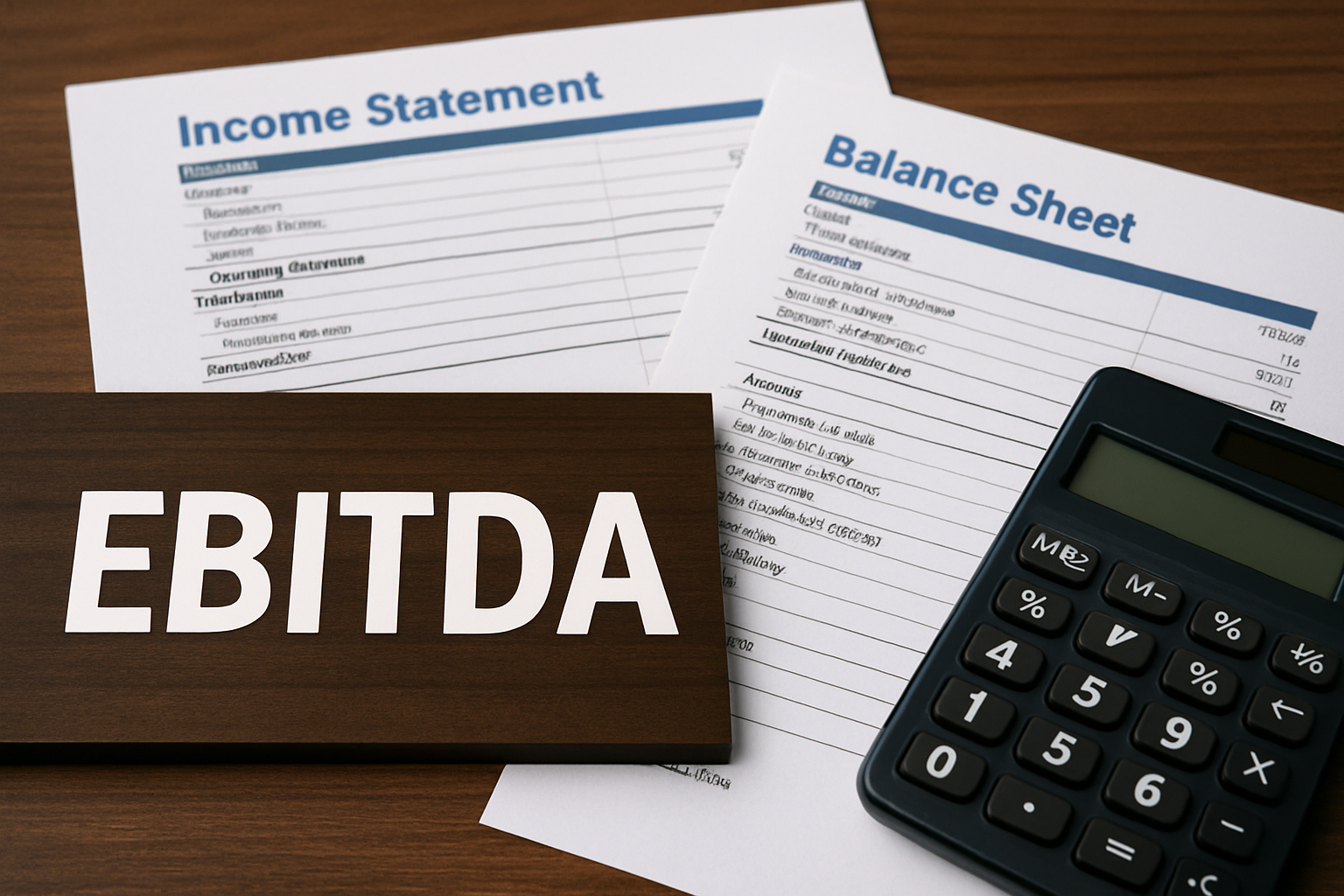Debt vs Equity Financing: What Small Business Owners Should Consider

When it comes to financing a small business, there are two main options: debt financing and equity financing. Both have their pros and cons, and it's important for small business owners to understand the differences between the two and what they should consider when deciding which option is best for their business.
Debt Financing
Debt financing involves borrowing money from a lender that must be repaid with interest. This can come in the form of a bank loan, credit line, or other types of financing.
Pros:
- Control - Debt financing does not require the business owner to give up ownership or control of their business.
- Predictable payments - The repayment schedule for debt financing is typically fixed, making it easier for small business owners to budget and plan for the future.
- Tax advantages - Interest paid on debt financing is usually tax-deductible.
Cons:
- Limited cash flow - Debt financing requires regular payments, which can limit cash flow and make it difficult for businesses to invest in growth opportunities.
- Collateral requirements - Lenders may require collateral to secure the loan, which can be a risk for small business owners.
- Potential for default - Failure to repay debt financing can result in legal action and damage the business's credit rating.
Equity Financing
Equity financing involves selling shares of the business to investors in exchange for funding. This can come in the form of angel investors, venture capital firms, or crowdfunding campaigns.
Pros:
- No repayment requirements - Unlike debt financing, there is no requirement to make regular payments on equity financing.
- Access to expertise - Equity financing often comes with the added benefit of investors who can provide guidance and expertise to help the business succeed.
- Potential for high returns - If the business is successful, equity financing can result in a high return on investment for the investor.
Cons:
- Loss of control - Equity financing often requires giving up a percentage of ownership or control of the business to the investors.
- High costs - Equity financing can be expensive due to legal and administrative fees, and investors often require a high return on investment.
- Long-term commitment - Equity financing often requires a long-term commitment from both the business owner and the investor, which can limit the flexibility of the business.
What Small Business Owners Should Consider
When deciding between debt and equity financing, small business owners should consider several factors, including:
- Amount of funding needed - Debt financing may be better for smaller funding needs, while equity financing is typically used for larger funding needs.
- Risk tolerance - Debt financing can be less risky than equity financing, as the business owner maintains control and does not have to give up ownership.
- Credit rating - Debt financing often requires a good credit rating, while equity financing does not.
- Growth potential - Equity financing may be a better option for businesses with high growth potential, as it can provide the necessary funds without limiting cash flow.
- Timeline - Debt financing often has shorter repayment terms than equity financing, which may be better for businesses with a shorter timeline.
Conclusion
In conclusion, both debt and equity financing have their pros and cons, and small business owners should carefully consider their options before choosing a financing strategy. Factors such as the amount of funding needed, risk tolerance, credit rating, growth potential, and timeline should be considered to make an informed decision. By understanding the differences between debt and equity financing, small business owners can make the best decision for their business's financial future.

If you’re running a Shopify-based business and you’re still not sure whether you should be using cash or accrual accounting, this is the breakdown you actually need.
The Basics: Cash vs. Accrual (Plain English)
Cash basis accounting means nothing touches your books until it touches your cash account. You don’t record a sale until the money shows up in your bank.
Accrual basis accounting means you record the transaction when it actually happens — not when the cash moves. If you ship a product today but don’t get paid for 30 days, you still record the sale today. You record it as accounts receivable, then swap that out for cash when it hits the bank.
What Works Best for E-Commerce
For most e-commerce businesses, the right answer is accrual— or at least a modified accrual system.
If you’re selling DTC and don’t have receivables, that’s one thing. But you do have inventory. And inventory is likely your single largest asset, and your biggest expense is the cost of that inventory when it is sold.
You also probably have accounts payable — vendor terms, delayed payments, etc. If you’re not recording those, you’re missing critical parts of your financial picture.
So even if you don’t have receivables, you still need accrual for payables and inventory. Without it, your books aren’t giving you the full story.
Why Cash Basis Gets Dangerous at 7 Figures
Once your business scales, the cracks in cash basis accounting start to show.
Say you start selling wholesale. Larger orders, delayed payments. If you’re not recording sales when they happen, your revenue is disconnected from reality.
Same thing on the inventory side. More sales means more inventory. More vendor terms. You need to know how much cash is tied up in product and what you owe vendors. You can’t track that without accrual accounting.
Sticking with cash basis when you’re at or above seven figures means you’rerunning a complex business on a bookkeeping method built for lemonade stands.
When Cash Basis *Might* Be Okay
There are rare cases where cash basis works. Usually it’swhen:
- Your inventory is homogenous (like bulk vintage clothing)
- You don’t sell wholesale or give customer terms (your customers pay when or before they get the items)
- You pay for inventory up front (no payables)
And even then, you’re limited in how much insight you can get. Cash basis meansyou only see what’s happening when the money moves — but a lot happens beforeor after that.
So yes, the IRS allows some businesses to expense inventory as they buy it —but for most e-commerce brands, accrual is the better long-term choice.
Still using cash basis accounting? Or unsure if your books actually reflect reality? Lonely, and just want to talk to someone? Book a call and let's chat!

If you’re running a Shopify-based business — or thinkingabout selling one — you’ve probably heard the term “EBITDA” thrown around. But what the hell is it actually measuring, and why does it matter? This post breaks it down in plain english.
What Is EBITDA (In Plain English)
EBITDA stands for Earnings Before Interest, Taxes,Depreciation, and Amortization.
It’s a way to measure the cash flow generated by the operations of the business, without the noise of non-operational accounting entries.
By backing out interest, taxes, depreciation, and amortization, you’re removing costs that aren’t directly tied to day-to-day operations and would look totally different under different ownership.
It gives you a number that reflects how much profit the business actually produces from operations — a useful way to compare performance across companies, time periods, or potential buyers.
Why EBITDA Matters If You're Selling (Or Scaling)
When you're valuing a business, one common method is toapply a multiple to EBITDA. A software company might be worth 20× EBITDA. A manufacturing business might go for 10× (bote these are just for illustration, please reach out if you want an actual range for your company).
The idea is to look at comparable businesses, what they sold for, and how that sale price relates to their EBITDA. Then you apply a similar logic to your business to get an estimate of what it might be worth on the open market.
Yes, there are other valuation methods — based on revenue, assets, and sometimes just hope and dreams. But EBITDA gives you a cash-based, semi-objective number you can work from.
Normalization vs. Manipulation
Let’s talk about a dirty little secret: most small business owners run some personal expenses through their business.
That conference in San Diego? You stayed three extra days. Did you reimburse the company? Probably not.
This is where “normalizing” EBITDA comes in. You add back expenses that technically hit EBITDA but aren’t really business-related or wouldn’t existunder new ownership — travel, meals, vehicle expenses, etc.
So is EBITDA manipulated? Sometimes, yeah — but it’s more often just adjusted to reflect the true economics of the business.
What founders *should* be worried about isn’t manipulation — it’s accuracy. Most small businesses don’t intentionally fudge their numbers — they just have sloppy books. Bad bookkeeping, unreconciled accounts, missing entries. That’s what really skews EBITDA.
How to Calculate EBITDA in a Shopify Business
Step one: clean your books. If your inventory, receivables,or payables are wrong, your EBITDA will be too.
For product-based e-commerce companies, COGS is your biggest expense and inventory is usually one of your biggest assets. If those aren’t tied out, the whole foundation crumbles.
Once your balance sheet is clean, identify any expenses that should be normalized — personal travel, car payments, anything that wouldn't show up under different ownership.
Then do the math:
- Start with Net Income from your P&L
- Add back Interest Expense
- Add back Income Taxes (not payroll taxes — only income-based taxes)
- Add back Depreciation
- Add back Amortization
That’s your EBITDA. It’s a measure of the business’s operational cash flow. And it’s only meaningful if your books are tight and your normalizations are honest.
Thinking about selling? Trying to get a real handle on cash flow? Afraid your books are a mess? Just want to chat and talk about sports? Book a call here


